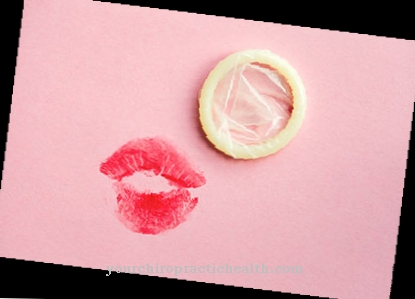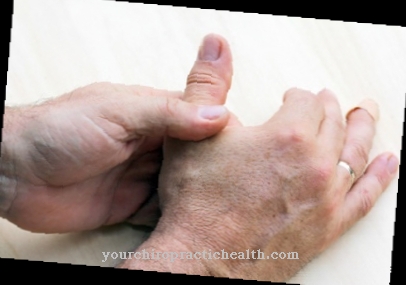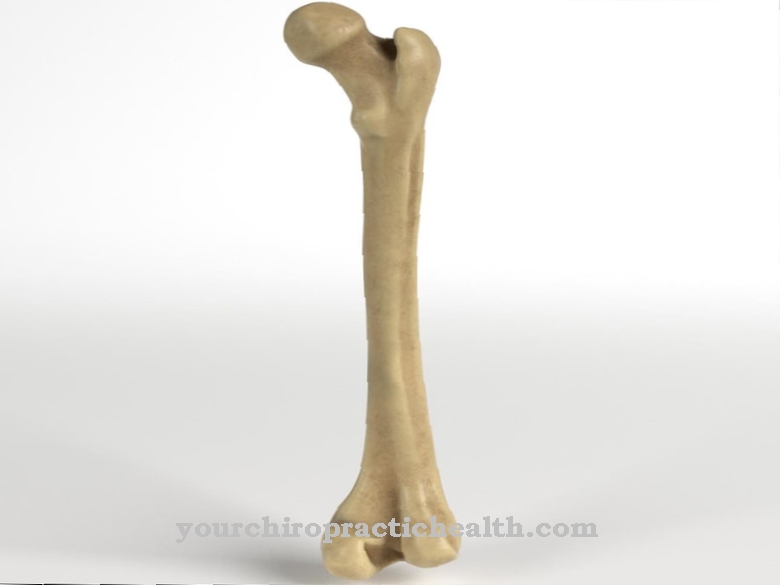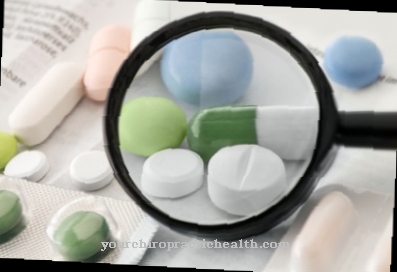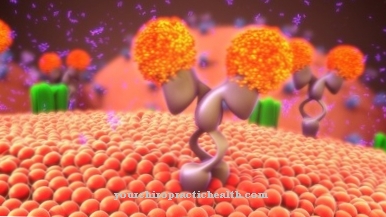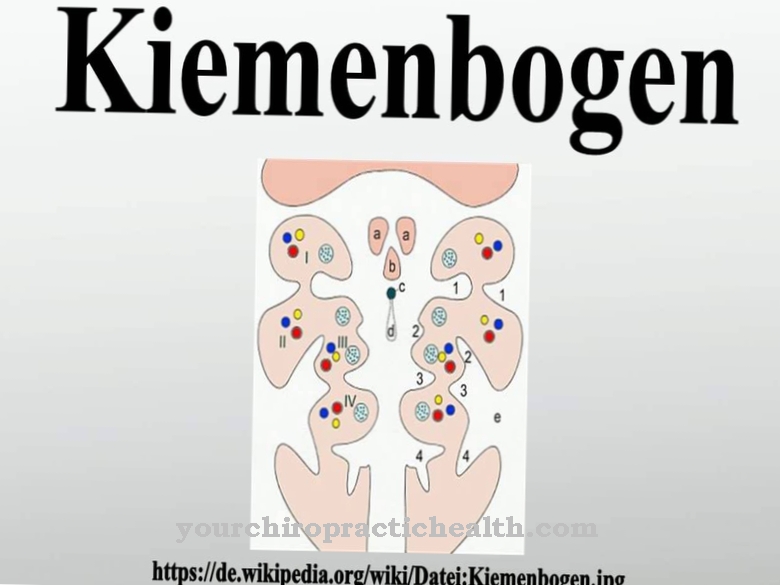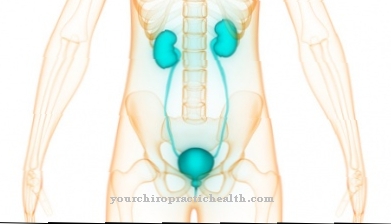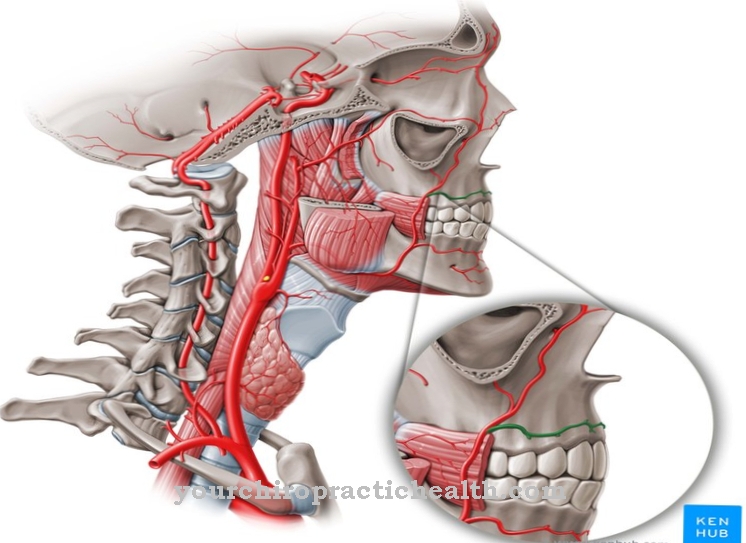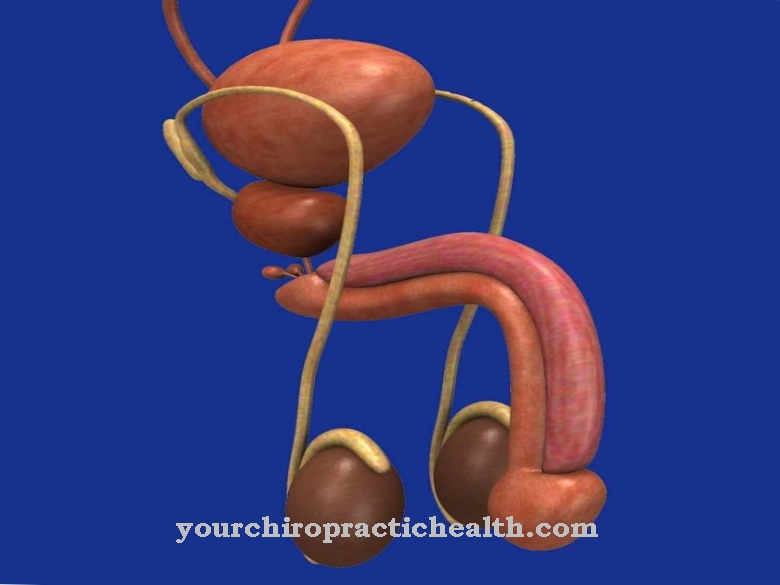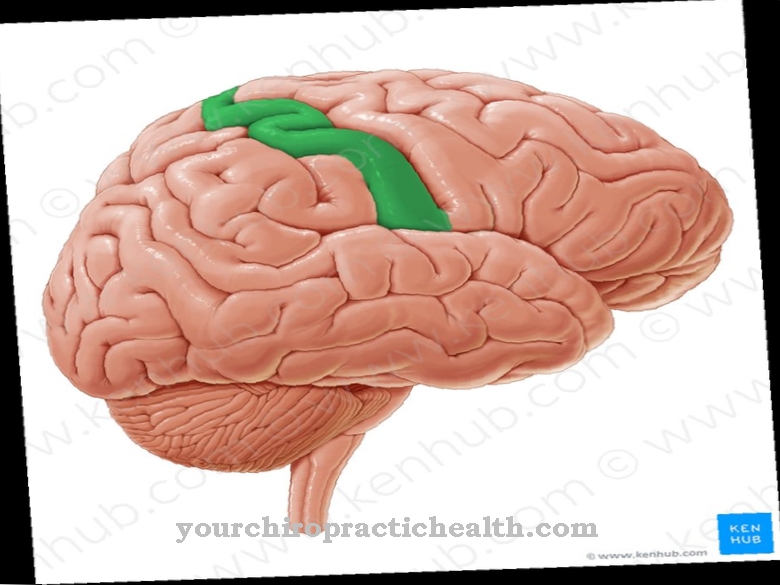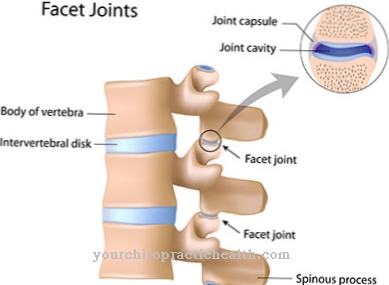An adult's body is made up of around 60% water. Water is much more important than solid food for the maintenance of vital functions, because without water a person can only survive for about 4 days, but without solid food for almost 40 days. Anyone who consumes only 4% too little fluid for a long time must expect serious damage to their health. Hence a good one Fluid balance extremely important for good health.
What is the fluid balance?

The vital functions of the body can only be optimally maintained with a balanced fluid balance. A disturbed water balance leads to illnesses and in extreme cases even to death in the long term.
Since humans have no way of storing water for a long time, they have to take in sufficient amounts every day. About two thirds of the fluid is needed by the cells and one third by the bloodstream and tissues. Since people excrete water every day through urine, stool, breathing and sweat, they have to take in the appropriate amount to maintain the fluid balance. With vigorous physical exertion and sporting activity, the water loss is even greater.
Fluid intake should be distributed as evenly as possible throughout the day. If the person in question drinks too much at once, most of it is excreted unused. Nutritionists therefore recommend consuming one glass of water every hour. Overall, humans should drink 30 ml per kg of body weight per day. Athletes best add a liter of water per training hour.
Infants and young children have an increased need for fluids. If a person ingests 0.5% too little fluid, the healthy body reacts with thirst. Under no circumstances should it be ignored. Water (clean drinking water, mineral water), unsweetened tea, juice spritzer and - in smaller quantities - coffee are ideal as thirst quenchers.
Function & task
Water is a good solvent for nutrients and is therefore also contained in gastric juice, saliva, intestinal juices, bile and pancreatic secretions. Most of the blood also consists of water (90%). In this way, the vital substances absorbed through food are transported to where the body needs them. The small and large intestines withdraw fluids and nutrients from the pre-digested food and pass them on to the bloodstream, from where they are transported to all parts of the body. Blood pressure, osmotic pressure and tissue pressure ensure the optimal distribution of the fluid. The fluid balance mainly uses the electrolytes sodium and chlorine.
Excess water is excreted in stool and urine. At the same time, drug residues, food toxins and metabolic waste are removed.
A balanced fluid balance is also essential for maintaining a constant body temperature. In a healthy adult it is between 36 and 37 degrees Celsius. Since water can store and release a lot of heat without significantly increasing its own temperature, it can also regulate body temperature.
A balanced fluid balance is also important because water is involved in many chemical reactions, such as splitting processes. It acts as a lubricant in the tear fluid and also in the intestines.
Illnesses & ailments
A disturbed fluid balance can lead to dehydration (hypohydration) and ultimately to desiccosis (dehydration). If the fluid is no longer drained off sufficiently, it can lead to overhydration. This is mostly the case in people with heart and kidney failure. Sometimes cerebral edema and death from heart and kidney failure occur.
Since the fluid and electrolyte balance are closely linked, the disturbed water balance also has consequences for the functioning of the electrolytes. Examples of this are hypokalaemia (potassium deficiency) and hyponatremia (sodium deficiency).
An undersupply of water can - depending on the extent to which it occurs - have serious consequences for the human organism. If people drink only 4 to 6 percent too little fluid over a longer period of time, the body can react with dry mouth, darker, smelly urine, difficulty swallowing, constipation, headaches, tiredness, loss of appetite, muscle cramps and kidney diseases. More than 10% too little water can cause impaired consciousness or even confusion. This is particularly common with the elderly, who often simply forget to drink enough water or cannot supply themselves with drinks because of their immobility.
An undersupply of more than 20% usually leads to life-threatening conditions (kidney failure, circulatory collapse, death). If the unconscious person is found in time, the emergency physician can help him with infusions (full electrolyte solutions).
Not only insufficient fluid intake can lead to health problems, but also excessive fluid loss that is not compensated for in time. This is usually the case after severe, prolonged diarrhea, vomiting, bleeding and extreme burns. Even people who (have to) adhere to a very protein-rich diet should drink more fluids.
To test whether your own fluid balance is balanced, the skin fold test is recommended: The person concerned pulls up a fold of skin on the arm. If she stays in this position for a short time, he should definitely drink more.


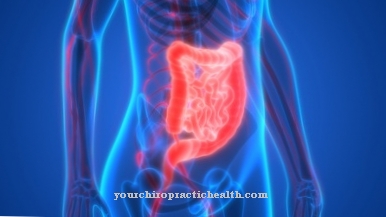
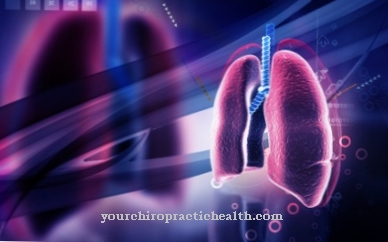

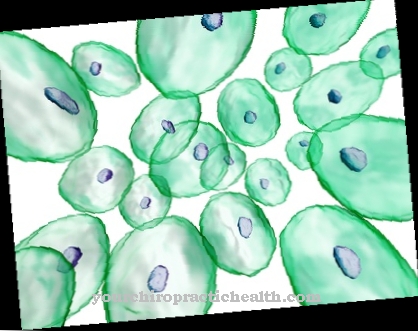
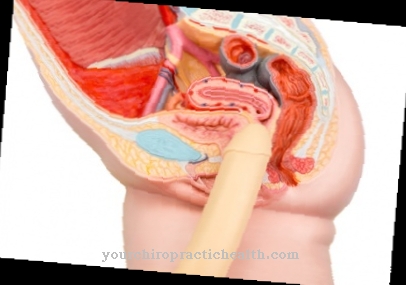

.jpg)
